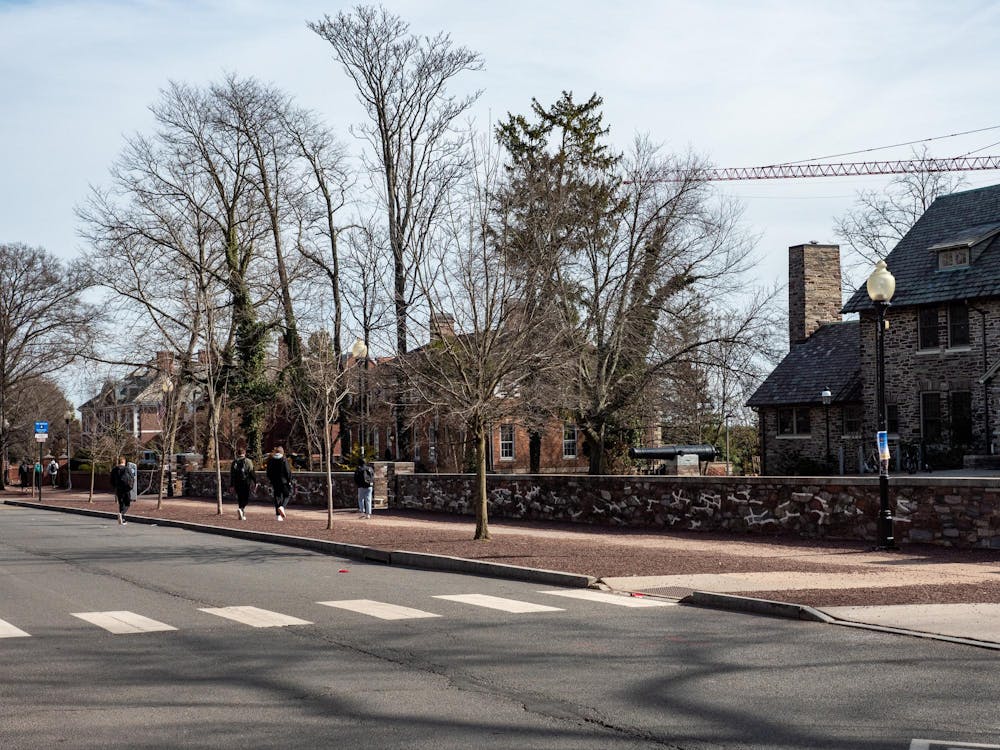On July 5, the University dropped the need for applicants to submit an essay score from the SAT or ACT. Beginning this 2018-2019 application season, applicants will, instead, have to submit a graded high school writing sample, preferably a work either of English or history.
In a statement, the University said that this new policy shift “aims to alleviate the financial hardship placed on students, including those who have the opportunity to take the test without writing during the school day and for free.”
In an interview with The Daily Princetonian, Dean of Admission Janet Rapelye explained that this change is one of many that the University has made in order to encourage applicants from a broader range of socioeconomic backgrounds to apply. She noted that, although some students are able to take either standardized test with the writing section included through their high schools, other schools may not offer the writing section at all.
“For those students, if they came to our page and looked at the requirements for the Princeton application and saw that writing was required, they might just keep going and not apply,” Rapelye said.
Taking either test with the writing section costs more than taking the test without the writing section. The ACT with the writing section costs $16.50 more than without it, and the SAT similarly costs $17 more with it.
According to the statement, University officials “believe that assessing a student’s in-class work will provide helpful and meaningful insight into a student’s academic potential.”
Unlike other Ivy League schools that have gotten rid of the essay section requirement, Princeton has chosen to replace the writing section with a graded writing sample. This decision is a nod to the eventual senior thesis that the majority of students are expected to complete at Princeton.
“It doesn’t matter what your concentration is, it doesn’t matter what area you’re in, and in some disciplines you will write more than in others, but in every discipline at Princeton you must learn to write. You must submit your intellectual work in a written form, and so what better way to find out how well students are prepared than to ask what they have already accomplished in high school in a graded paper,” she explained.
Though Rapelye acknowledged that the admissions team will most likely receive a broad range of both "quality of writing and quality of assignments," she emphasized that a graded writing sample will provide insight into an applicant's academic environment and the applicant's performance within the context of that environment.
"We’ll learn a lot about the teaching and we’ll learn a lot about how much time teachers have to put into their editing or their grading," said Rapelye. "[In] some school districts, the teaching load is large, and teachers don’t have the luxury of spending as much time grading papers as other school districts.”
More information about the submission of the writing sample will be released on the admissions website later this summer, the statement said.
Staff writer Benjamin Ball contributed reporting.

The article has been corrected to more accurately portray Dean of Admission Janet Rapelye's remarks. The 'Prince' regrets the error.









